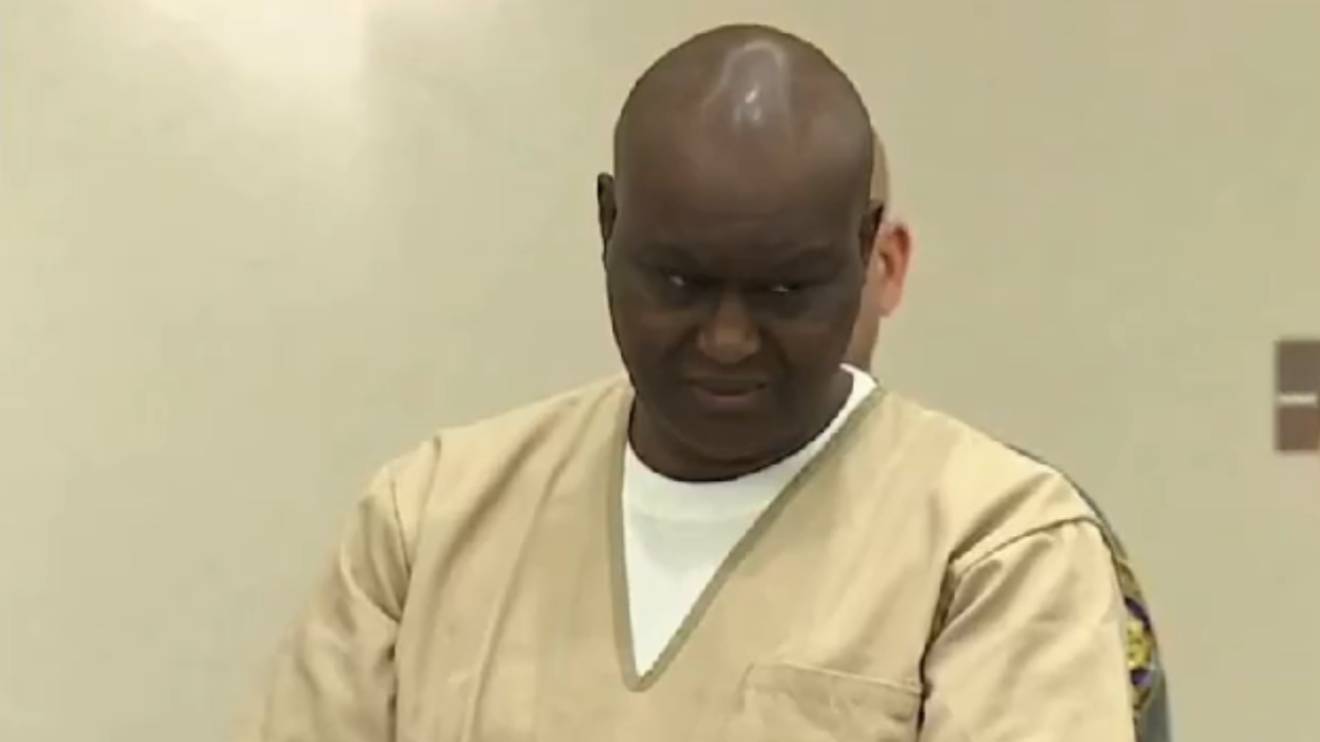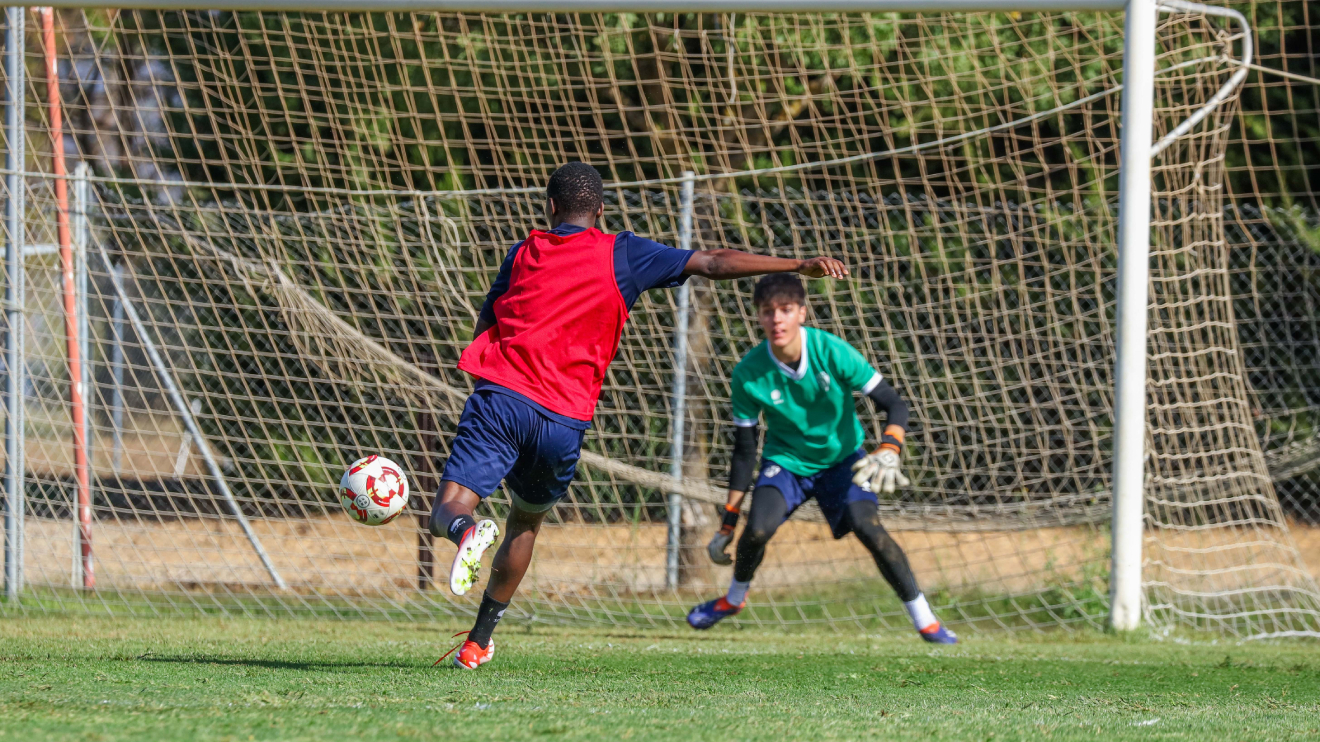The wife of Leonard Mwithiga, a wealthy Kenyan currently facing charges in a U.S. court over an alleged plot to kill her, has revealed a troubling narrative that exposes glaring inadequacies within the Kenyan justice system.
Recent developments in the case have brought to light a disturbing account, where the victim alleges that, despite filing multiple complaints with the police, her pleas for help fell on deaf ears.
The pivotal moment in the investigation stemmed from an unlikely source–an Uber driver allegedly hired by Mwithiga.
Information provided by the driver prompted investigators to interview the wife, who painted a grim picture of her experiences in Kenya.
Fearing for her life and the safety of her two children, she left the country in August of the previous year after receiving a warning from Mwithiga's cousin.
Read More
In a scathing indictment of the Kenyan law enforcement, she asserted that her complaints against Mwithiga were systematically ignored.
Despite reaching out to various agencies, including the police, Amnesty International, the Federation of Women’s Lawyers, Ombudsman’s office, and civil society organizations, she claimed that no action was taken to address her desperate pleas for help.
Desperation led her to copy her appeals for assistance to the CEO of Kenya Commercial Bank and the bank's chairman.
The wife contends that, given Mwithiga's influential stature in Kenya, her story was dismissed and overlooked.
Her journey to the United States was fraught with challenges, arriving with no contacts and relying on the kindness of strangers for accommodation.
Eventually, she found refuge in a United Services Shelter in August, accompanied by her children.
However, her escape from Kenya did not mark the end of her troubles.
A month later, she alleged that Mwithiga filed a case to compel her to bring the minors back to Kenya.
Simultaneously, she claimed that he had enlisted the services of two private investigators to monitor one of her children.
The gravity of the situation led her to attend a U.S. court hearing on September 22, where Mwithiga appeared virtually.
Gripped by fear, the wife detailed her anxiety about facing him in court.
The unfolding saga raises serious questions about the effectiveness of the Kenyan justice system and the protection it offers to those in vulnerable situations.
As international attention focuses on this case, it underscores the need for a comprehensive examination of the gaps in the legal framework that allowed such a situation to persist, unattended and potentially life-threatening.











